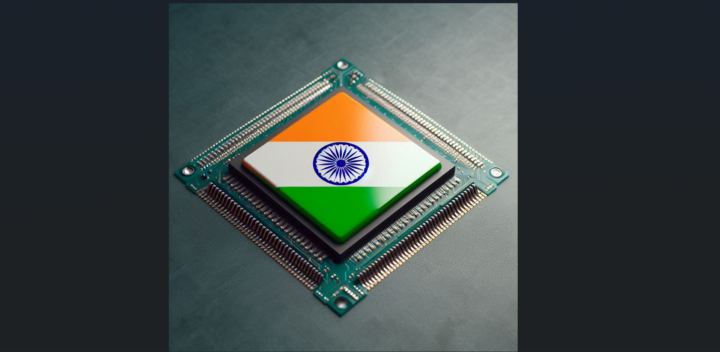How much more connected could we be? Much more and much faster, says 5G. 5G, or fifth generation tech, the next wave of fast mobile broadband networks is much awaited, as world over telcos are preparing to launch 5G technology for much higher speed and quality in connectivity.
While India still struggles with 4G, the government wants to make sure India doesn’t miss the bus on 5G. Plans to auction 5G spectrum are all set, where in, the government is asking for suggested prices for airwaves in the 3400 MHz to 3600 MHz bands.
5G was poised to hit international markets by 2020, but might actually make an appearance in 2019 itself. In fact, KT Corp, the South Korean carrier might launch 5G services in the coming Winter Olympics in 2018. In the US, 5G trials are in progress at AT&T and Verizon. According to reports, Verizon is trying out a 5G wireless service in collaboration with Sweden’s Ericsson in eleven markets in the US. A commercial launch is expected next year.
Indians Want IoT to Run Their Groceries, National IoT Survey Reveals
US telecom regulator, Federal Communications Commission (FCC), has marked 2020 for launching 5G in the US. In Japan, Ericsson has joined hands with NTT DoCoMo and Intel to create a 5G trial environment in central Tokyo, beginning next year.
Also, according to reports, Fang Zheng, vice general manager of the WLAN office of ZTE Corp, has said that the Hong Kong-Zhuhai-Macao bridge, the world’s longest cross-sea bridge, will work towards offering 5G service in the future. Indian tech company, Tech Mahindra is also preparing for 5G rollouts in the international market.
Leading smartphone makers, including Nokia, Oppo and Lenovo are among the major brands that have reportedly already started working on their 5G phones. OnePlus also plans to launch its 5G phone on 2019.
5G’s never-before-seen download speed of 20 GBs/second as opposed to 1 GB/second on a 4G network, will likely disrupt the smart phone and telco markets. To give an example, with 5G, a user will have the capability to download a 3-hour HD movie in less than a second on a smartphone. This would be possible because 5G network will deliver data with under a millisecond’s delay, a blink of an eye. Compare that with around 70 milliseconds on a 4G network. The next generation might well become strangers to buffering during streaming sessions, as 5G networks would ensure data transmissions at incredible speeds.
5G technology might change much more than just smart phone usage. It could virtually change society as we know it. Society will likely become even more connected in ways never conceived before. The possibilities that 5G will bring will be seen in modern-day facilities such as machine-to-machine (M2M) communications, Internet of Things (IoT), smart cities, autonomous vehicles, remote control surgery, augmented reality, and much more.
Wireless machines will be able to communicate with the mere help of sensors, which in turn could spell wonders for all smart devices on a city level, such as smart cities, smart grids, smart health, and smart transportation. With such power, a person could operate an entire household sitting from a remote position.
Smartphones and Data Usage: A Goldmine Combination for the Indian Market
The spectrum bands that 5G networks could run on include 3400 MHz, 3500 MHz, and 3600 MHz bands. The ideal band airwaves for the first wave of 5G are 3500 MHz. Going forward, millimetre wave spectrum may play a important role in 5G networks. The use of millimetre waves could pose challenges of 5G frequencies being blocked by buildings and losing their intensity over longer distances. Still, overall, the picture looks good.
The Trai (Telecom Regulatory Authority of India) will be discussing to arrive at the base price of 5G airwaves proposed to be auctioned. The DoT (Department of Telecom) is likely to release a policy on the use of higher band spectrum, which includes 5G airwaves. A data-heavy wireless technology such as 5G will definitely require the proper regulations in India.
A word from our Sponsor: Looking for Content Marketing support? Click here.












